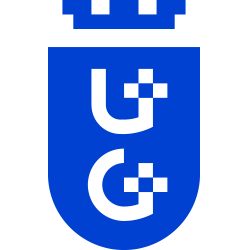
ul. Bażyńskiego 1a 80-952 Gdańsk
Polska
ISNI ID: 0000 0001 2370 4076
GRID ID: grid.8585.0
Dorota Jendza
Zarządzanie Publiczne, Numer 3 (31), 2015, s. 255 - 263
https://doi.org/10.4467/20843968ZP.15.018.4329Non-formal obstacles in cooperation between food safety inspection bodies in Poland
Every organization, including food inspection bodies, can be examined in their formal and non-formal sphere. Though research concerning formal aspect of the inspection bodies functioning is definitely important it must be remembered that it is the non-formality and so called tacic knowlege that governs all organization members in their everyday practices. Formal aspect of the organization might be far from what is actually done in the inspection bodies since people working there treat law regulations in different ways. In the article I briefly describe the interpretiveparadigm of organization research and the methods of the in-depth individual interview used in the research and focus on the two level analysis (content and discourse) that is the basis of the outcomes presented earlier.
Among the obstacles I mention two most important ones. First of which is defined the use of the category of “we vs they” that characterizes the narratives of the inspection bodies members.
Opposition and the antagonism present in this category is – by no means – one of the most vital obstacle for real cooperation.
The second category named “politicisation of hierarchical kingdoms” describes the phenomenon of inspection bodies being treated as completely separate, highly dependent on political powers, units in which any change or mobility is virtually impossible, and in which those who are at the top will not take into consideration the voice of those who are at the bottom. In this way a non-crossable boundary is being built in everyday institutional practices making it impossible to cooperate.
In the summary, I suggest that before implementing any new law regulation these are the cultural factors that should be seriously taken into account.